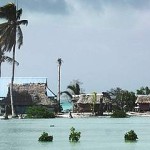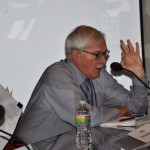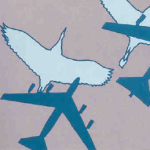
Nikhil Desai writes: “a new cult – No Carbo(n) promised that if only these people gave up their carbon emitting ways, they will prove their devotion to the new cult. Climate change will be averted and they will not have to migrate to the white people’s lands.”
Nikhil Desai is the Energy Security contributor for the NAPSNet Weekly report.






